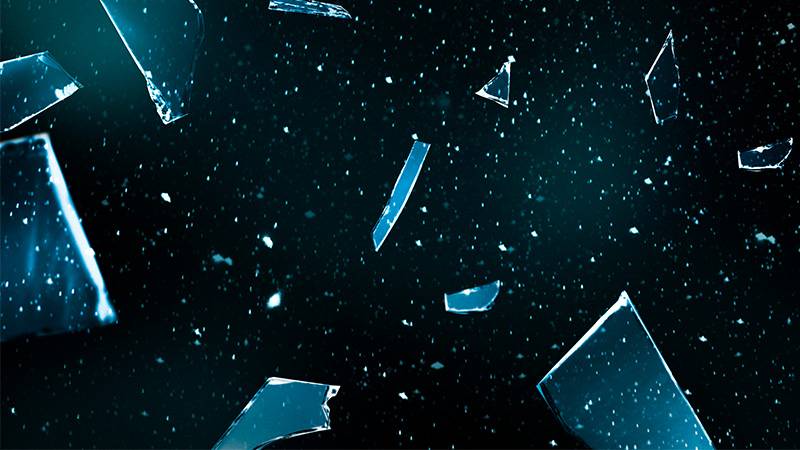In a potentially groundbreaking discovery, researchers from Pennsylvania State University, led by Prof. John Mauro, have introduced ‘LionGlass’, a glass purportedly ten times stronger than its standard counterpart. While there’s a common conception that glass is fragile, this new invention may change the narrative.
LionGlass’s resilience is such that it requires deep scratching, followed by considerable force with a mallet, to break it. Think of a wine bottle that remains intact even after a nasty fall on a tiled floor.
However, details on this discovery are scarce. The research is yet to be featured in a peer-reviewed journal, and the patent application was only recently filed. Intriguingly, LionGlass’s composition doesn’t rely on traditional ingredients like soda ash or limestone. What replaces these components remains a closely guarded secret.
Historically, while glass has been valued for its malleability and beauty, it’s always had the disadvantage of being brittle. But with innovations like LionGlass, the age-old issue of shattering may soon become obsolete. The applications for such durable glass are limitless, ranging from car windscreens to delicate glassware.
Apart from its robustness, what makes LionGlass stand out is its eco-friendliness. Traditional glass manufacturing relies heavily on ingredients that emit carbon dioxide (CO2) during production. LionGlass, however, eliminates these carbon-rich materials, resulting in production temperatures that are 300-400°C lower. But there’s a caveat: its lower thermal tolerance means it can’t be used in popular high-demand products like smartphone or tablet screens. For those applications, maintaining dimensional stability during high-temperature production processes is crucial.
Still, the opportunities for LionGlass’s integration are extensive. It could be used in building windows, tableware, and myriad other places. Robert Ritchie from the University of California, Berkeley, believes that, aside from smartphones, LionGlass could revolutionize nearly all sectors where glass is utilized.
Soda ash and limestone release carbon dioxide (CO2) when heated together with quartz sand – a common recipe for glass – and the manufacturing process needs high temperatures, using lots of energy.LionGlass, by contrast, does not use these carbon-rich materials and its production temperatures are 300C to 400C lower.
Interestingly, LionGlass’s enhanced strength doesn’t require specialized production machinery. It emerges as an “intrinsic property of the glass structure”, as Prof Mauro points out. Architect Cheryl Atkinson foresees its potential in architectural applications, notably in the creation of thinner window panes, reducing transportation-related CO2 emissions.
Yet, the road ahead is not devoid of challenges. According to the BBC, the long-term durability of current window technologies and the eventual wear and tear, especially around the edges of double- or triple-glazed units, could overshadow the glass’s quality. Moreover, the growing emphasis on energy-efficient designs could reduce the demand for glass in architectural applications.
Meanwhile, Corning, known for its renowned Gorilla Glass found in numerous electronics, continues to innovate in the glass sector. Despite a reported slump in smartphone demand recently, Jaymin Amin, Corning’s chief technology officer, reiterates the significance of glass in modern tech, especially with the advent of 5G and the drive towards sustainability and recycling.
Glass is also making significant strides in the solar industry. William Kerwin of Morningstar Research Services highlights the growing demand for glass in solar panels, emphasizing the need for stronger, lighter glass variants.
Despite the rapid advances, Ben Wood from CCS Insight indicates the untapped potential in the smartphone sector, especially with foldable phones. Consumers are still skeptical about their durability, and the ultimate goal remains the same: unbreakable glass.
In conclusion, as innovations like LionGlass emerge, the future of glass looks clearer, stronger, and greener than ever before.
More inspiring green news similar to this:


